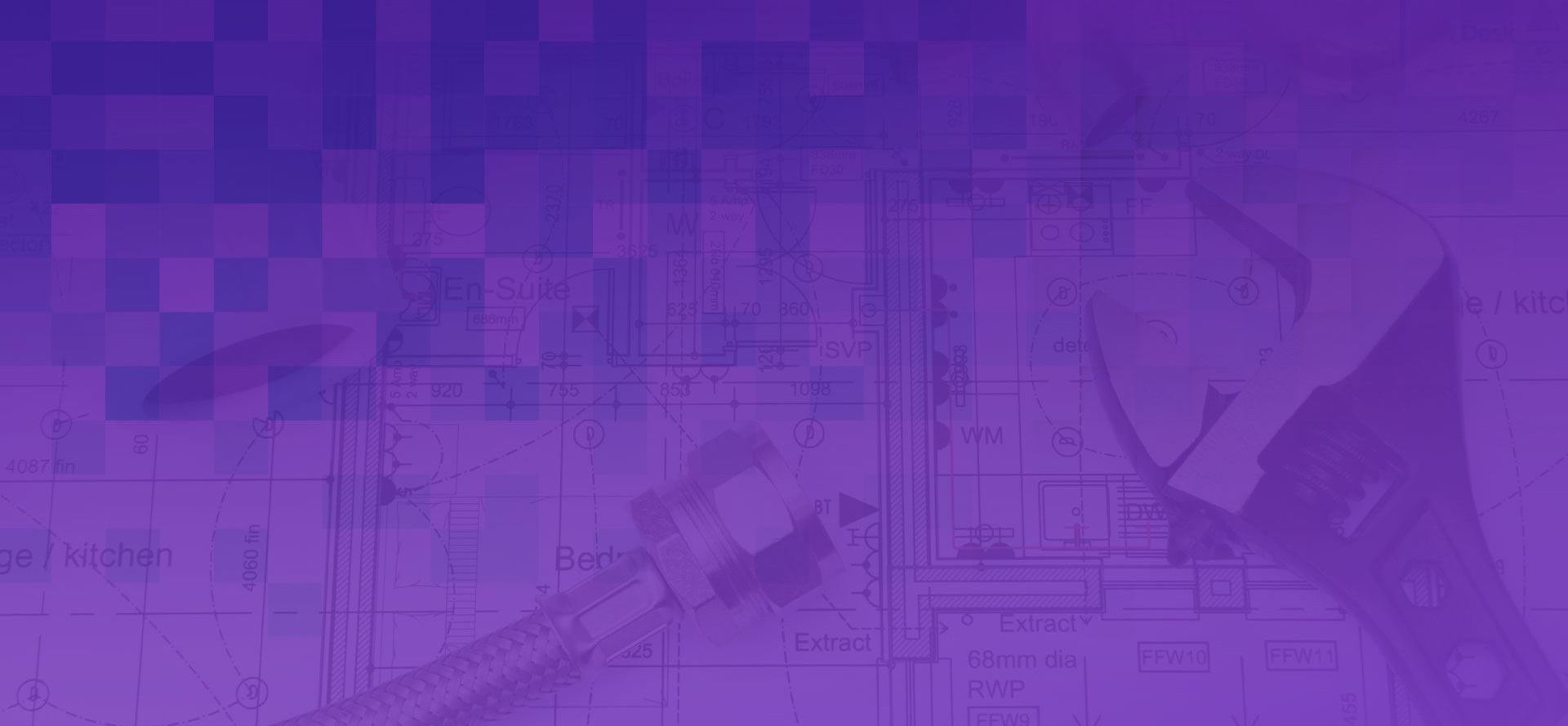Human health has always been subject to debate, and there are nearly as many opinions about what's good for you as there are people on the planet.
Water isn't immune to this debate, which is why there are so many different types of filtration systems available. Two of the frontrunners for water purification are reverse osmosis and deionization, and today’s discussion is about whether there's a clear winner between the two.
An Introduction to RO and DI
Both deionization and reverse osmosis excel at removing contaminants and minerals from water. Depending on the specific system and the filtration stages involved, these systems can purify water by removing things like:
- Sand and silt
- Salt
- Arsenic
- Magnesium and calcium
- Copper and iron
The major difference, however, is that RO water uses a semipermeable membrane to filter water, and deionization uses an ion exchange to replace minerals and contaminants with hydrogen and hydroxyl.
Another difference is that RO tanks typically have a two to four-gallon storage tank, whereas DI water is on-demand. This is largely because DI water degrades very quickly, so there is no point storing the purified water.
Round One: Benefits of RO and DI Filtration
RO and DI are pretty well equal when it comes to removing mineral contaminants from water. However, the reverse osmosis process can remove viruses and bacteria, where deionization cannot. On the other hand, deionizing also acts as a water softener as well as a purifier.
Both are also great for cleaning because they don’t leave behind streaky mineral deposits, they both perform well in boilers and humidifiers, and they're both great in industrial applications, like cosmetics, manufacturing, and in aquariums.
Round Two: Disadvantages of RO and DI Filtration
The two are fairly equal in this regard because both types of water classify as demineralized. And while this may seem like the point of these purification processes, human bodies actually need elements and minerals to survive. Two of the main minerals that are necessary in water—and that are lacking in RO and DI—are calcium and magnesium. And although the RO process removes bacteria, DI does not, meaning water processed in this way isn't necessarily potable.
If you're considering an RO or DI purification unit for your home or office and still want more information, call the experts at Knight Plumbing Inc. We have the knowledge and expertise to help you assess your needs, and decide which purifier is better suited for you. We can also help with all your plumbing repairs, maintenance, and seasonal issues in the Franklin, WI area, so give us a call today at (414) 420-0625 to find out how we can help.
